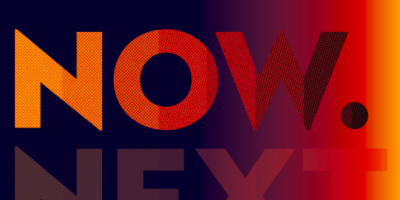
A Mirage of Hope for Israelis and Palestinians
NAOMI ZEVELOFF covers religion, politics, and conflict, and is the former Middle East correspondent of the Forward.
In March, as coronavirus began to spread through Israel and the Palestinian Territories, I went to Jerusalem’s Old City to cover a story for Public Radio International’s The World about how people of faith were coping with restrictions on holy sites. On a timeworn stone path, I met Fathi Jabari, a Palestinian shopkeeper. He told me that he was struck by the fact that the virus makes no distinctions between people—Muslims, Christians, or Jews. “This coronavirus makes the world as a small village.”
It was an oddly hopeful message, in what was an oddly hopeful time. Among Israelis and Palestinians, I sensed a quiet acknowledgment that—at least when it comes to health—their fate is tied together. Israeli doctors trained with Palestinian ones, and some leaders even talked about cooperation.
As Israel has lifted its coronavirus lockdown, that talk has sadly diminished. Israel is pushing to annex large parts of the West Bank, where Palestinians want a state. Violence is percolating again. Recently, the Israeli army killed a Palestinian man who tried to run over Israeli soldiers in his car. The next day, Israeli police shot an unarmed autistic Palestinian man—an echo of the George Floyd killing—not far from Jabari’s store. Jabari had been right: the coronavirus turned the world into a small village. But it wasn’t enough to keep the village from fraying apart.



